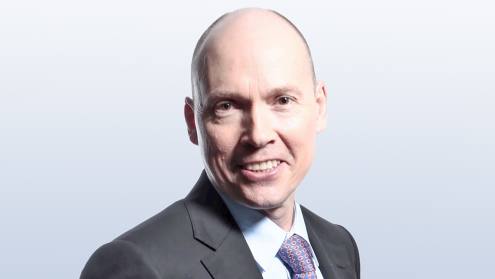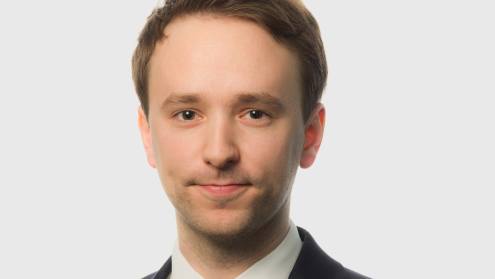To the early economists, land was the primary factor of production. François Quesnay, the founding father of modern economics, believed that the value of land was inherent, not the result of human labour or capital. Quesnay’s physiocrats considered other input factors “sterile” without healthy land.
This view was largely discarded by (neo-)classical economics. The starting point for the classicals is not the objective value land provides, but the price we pay. This price reflects the marginal utility of a good, which in turn is governed by the scarcity. Land was seen as homogeneous, amply available and only useful if worked by humans. This view dominates our relationship with land to this day.







